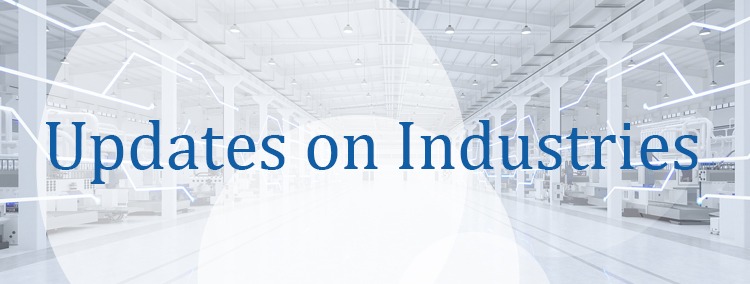YRD integration fuels NEV industry
en.shhqcbd.gov.cn Updated: Jul 27, 2023

A workshop of Chinese NEV startup Li Auto in Changzhou, East China's Jiangsu province. [Photo/Shanghai Observer]
Within the Yangtze River Delta region, a "4-hour industrial circle" for the new energy vehicle industry is taking shape due to the synergy between industrial clusters in the region.
The circle means that a NEV factory is able to obtain all necessary component supplies within a 4-hour drive. These components include chips and software in Shanghai, power batteries in Changzhou, Jiangsu province, and gigacasting devices in Ningbo, Zhejiang province.
The circle not only helps reduce the transportation costs of components, but also assures a flexible and quick response to demands, allowing carmakers to allocate components according to the production plan at any time.
"Due to the solid foundation of the industrial chain, the Tesla Gigafactory in Shanghai was constructed, started production and delivered its first car in the same year," said Cui Dongshu, secretary-general of the China Passenger Car Association.
At present, more than 95 percent of components used at the Tesla Gigafactory are domestically produced, and this has generated orders worth 700 billion yuan ($98.24 billion) for 360 upstream suppliers.
Song Tingting, the chief researcher of the car industry at Huatai Securities, believes that the "4-hour industrial circle" was developed to support Shanghai's NEV industry.
Today, there are more than 140 major battery-related manufacturers and an increasing number of companies specializing in key components such as motors, electrical control and electric drive assembly in Jiangsu province.
A NEV industrial cluster is also being formed in the Hangzhou Bay Area in Zhejiang. Meanwhile, Beilun district in Ningbo alone has over 110 car component manufacturers above designated size - those with annual revenue of 20 million yuan and above. Their combined industrial output value exceeded 100 billion yuan in 2022.
Anhui province has also developed a complete industrial chain comprising of complete cars, batteries, motors and electrical control.
"The complete industrial chain, huge market demands, and the easy exports make the YRD region a perfect place to develop the NEV industry," said Wang Chuanfu, chairman of Chinese electric car manufacturer BYD.
In 2022, China produced nearly 7.06 million NEVs, about 2.9 million - over 40 percent of the country's total - of which were produced in the YRD region.
![]()





